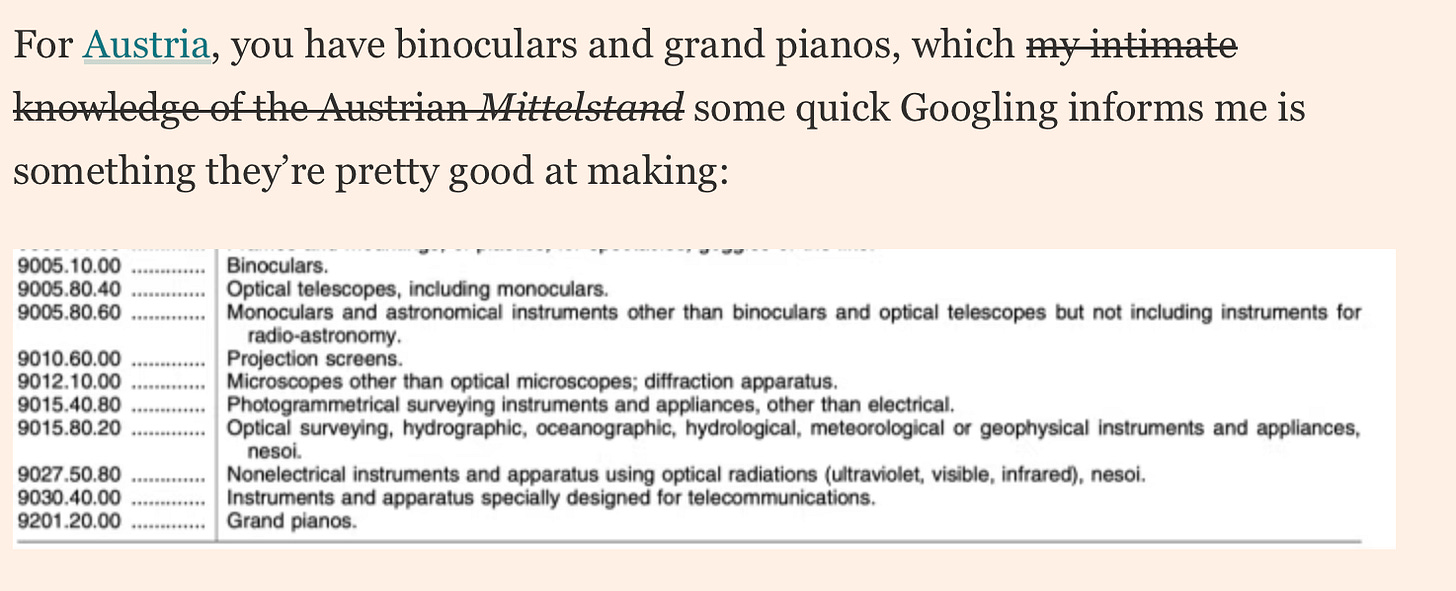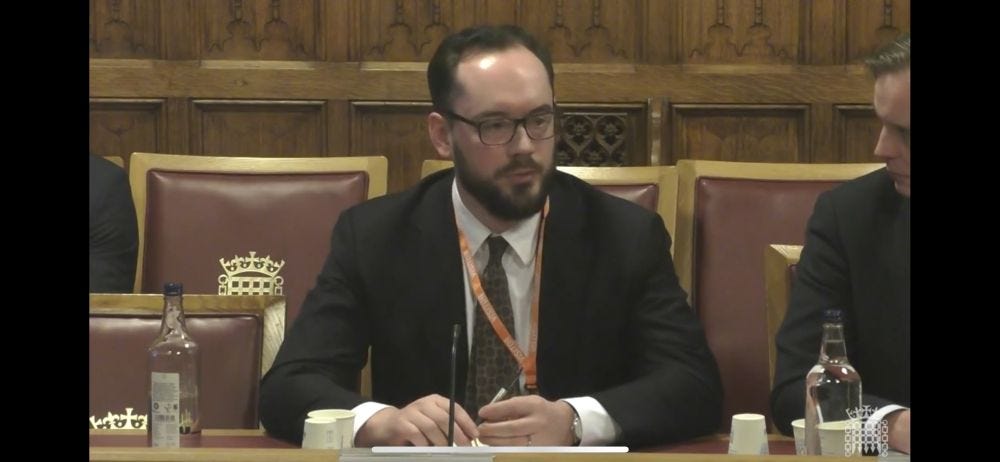In a post for the think tank Bruegel, former EU senior trade official and TTIP negotiator Ignacio Garcia Bercero, argues that the EU should lead a coalition of the willing in standing up to Trump’s tariff threats:
Beyond the immediate response to reciprocal tariffs, the EU should be ready to lead a broad coalition to both maintain respect for the current rules and to identify how WTO can be adapted to new challenges. A discussion at leaders’ level on giving a new impulse to multilateral institutions could be had at the G20 Summit in November. In preparation, the EU should convene a trade ministers’ meeting that brings together key G20 countries and the director general of the WTO.
And … I agree, this sounds sensible.
A stronger version of this argument, which you sometimes hear, is that the countries subject to Trump’s tariff threats should coordinate their responses and retaliation.
Again, sure, this makes sense.
Individually, very few countries can inflict sufficient economic pain on the US (without jeopardising the health of their own economies) to give Trump pause for thought. Canada cutting energy supplies would probably do it, China might be able to do something, possibly the EU. But everyone else? Nah.
This equation changes if the rest of the world or, say, the G20 minus the US, coordinated its tariff response to Trump.
Keeping with the theme of reciprocal tariffs, let’s say the G20 agreed to match Trump’s tariffsthreats.
For example, a 10 per cent overall increase in US tariffs on G20 exports would be met with a 10 per cent overall increase in G20 tariffs on US exports.
This would be pretty punchy and could cause the President to think twice.
But I don’t think this kind of collective action is going to happen. At least not at this scale.
Why?
Well, a few reasons:
Not to get all prisoners dilemma about this, but given Trump’s modus operandi is to cut deals, the best outcome for any individual country isn’t necessarily the same as the best outcome for the collective. Let’s say you are South Korea. When Trump offers you a deal exempting your car exports from tariffs, but keeps talking about hitting the EU and others hard. What do you say? Your cars would not only retain competitiveness against US-based producers, but also your competitors elsewhere. Kinda a sweet deal. Or to put it another way, if the world did raise itself up in collective opposition to Trump’s aggressive trade policies, it wouldn’t be too hard for him to buy some countries off.
The enemy of your enemy is not always your friend. Any large-scale collective opposition to Trump’s trade policies would involve uncomfortable bedfellows. Could the UK, EU and Japan coordinate their response? Possibly (although they might not currently want to). The EU, China and India? Slightly more complicated. And given China’s centrality to much of this discussion, the optics could become pretty bad pretty quickly.
It’s not all about trade. Outside of trade, countries interact with and rely on the US in many different ways. If we take national security (accepting the events of the last week re: Ukraine may have weakened this argument somewhat), lots of countries remain reliant on the US. Also, increasingly, energy. So perhaps there is only so far you want to push it.
Despite the above, I do think we might see some coordination between a smaller number of countries, but it might require everyone to exhaust the negotiation option first. For example, if the UK fails to negotiate its way out of US tariffs and it feels it has no other option but to push back with threats of its own... at that point (and not before), folding in with the EU, which packs more of a punch, could make sense. Maybe.
D S T, Dynamite!
Last Friday (February 21), the Donald released a new presidential memorandum, further setting out his desire to whack countries that impose a digital services tax on US firms.
This involves possibly renewing the investigations he instigated last time around (as well as starting a new USMCA panel dispute against Canada):
Sec. 3. Agency Responsibilities. (a) The United States Trade Representative shall determine, in accordance with applicable law, whether to renew investigations under section 301 of the Trade Act of 1974 (19 U.S.C. 2411) of the DSTs of France, Austria, Italy, Spain, Turkey, and the United Kingdom, which were initiated under my Administration on July 16, 2019, and June 5, 2020. If the United States Trade Representative determines to renew such investigations, he shall take all appropriate and feasible action in response to those DSTs.
This makes me professionally happy, given I’ve spent the last six months or so saying, “LOOK AT THESE INVESTIGATIONS HE DID LAST TIME THAT HE WILL DEFINITELY DO AGAIN”.
But anyway, let’s recap some of the retaliatory tariffs threatened last time (those of you who remember this FT Alphaville piece will recognise these):
Anyway, you can find all the information on the old investigations here.
It’s also worth flagging that the memorandum and fact sheets do go further than digital services taxes, with the UK’s online safety rules implicitly mentioned and the EU’s DMA and DSA explicitly mentioned.
See:
And
EU-UK reset
Those of you bored by all the Trump talk might enjoy this session at the House of Lords European Affairs Committee, where we discussed the EU-UK trade reset.
Keep reading with a 7-day free trial
Subscribe to Most Favoured Nation to keep reading this post and get 7 days of free access to the full post archives.








